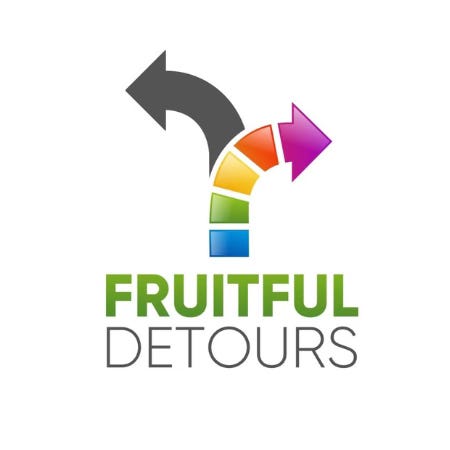Addicted to Diet Coke
I’m addicted to diet Coke. I drink several of them every day, and when I say several, I mean about six. Or maybe eight. I have one at breakfast, one or two at lunch, another one in the afternoon, and a couple at dinner. Maybe one at night if I’m watching TV.

Other diet sodas won’t do. I actually dislike the taste of Diet Pepsi, and other diet colas are just ok.
I sometimes order an iced tea with my diet Coke, and I tell myself that this is a way to wean myself off of my drug of choice over time. But I’m fooling myself.
When I was in Mexico, they had Coke Zero and some other options, but there was no **gasp** diet Coke **double gasp**. I drank other stuff, but I thought about my diet Coke every day. And when I came home? Right back to my regularly scheduled program.
In my work life, I’ve run several addiction treatment programs, including one I help to run right now focused on Veterans who have an addictive disorder and PTSD — this is called a dual disorder. So I understand how powerful addictions are. The basic mechanism of addiction is a dopamine rush — the increase of a feel-good hormone to the brain.
We teach all kinds of methods to help people kick their addictions, from developing substitutes, like exercise or meditation, to using medicines to block the highs that the substances bring. No one treatment works for everyone. Each individual has to discover what works for them. If the addiction is combined with another mental health disorder, the treatment can become very complicated.
I’ve read a lot of research on the effects of diet soft drinks on the human body. The studies are all over the place. My favorites, of course, are the ones that say there is no concern. Mayo Clinic says, “Drinking a reasonable amount of diet soda a day, such as a can or two, isn't likely to hurt you. The artificial sweeteners and other chemicals currently used in diet soda are safe for most people, and there's no credible evidence that these ingredients cause cancer.”
But like any addict, I look for the information that says I can go on doing what I am doing. There are other studies that show diet sodas are linked to strokes, type II diabetes, and heart problems (Penn Medicine).
I am a functional addict. I continue to do well in our society, I don’t have any outward symptoms like my patients do. There is nothing in diet Coke that gives me the high of cocaine or the low of heroin, nothing that keeps me from thinking or working or focusing. And yet I haven’t been able to quit. I don’t even really want to.
So what is my plan going forward? Well, I want to head back to Mexico, so that should help for a while. I’ve thought about trying to substitute coffee for diet Coke, but there are issues with that, too. I’ve never liked the taste, for one. I don’t even like coffee flavored ice cream. When I lived in Northwest Illinois, my doctor there told me that the best thing I could ever do would be to drink tap water. Maybe that’s the way to go. I would save a ton of money.
So if I am caught in my own addictive patterns, why is it so frustrating for me to see my patients go back to using drugs again and again, destroying their lives all the while? I get it — the pull that they feel back to drugs and alcohol is even stronger than mine. The negative consequences, however, are much worse. They lose their jobs, money, health, family, integrity, and self-respect, basically in that order. It takes tremendous inner courage and strength to break the cycle of using → treatment → using that they are in.
Maybe it’s my own low-level experience with addiction that keeps me working with this population. Or maybe it’s another addiction - to helping. I’m not sure, but that’s the direction I’m heading for now.


